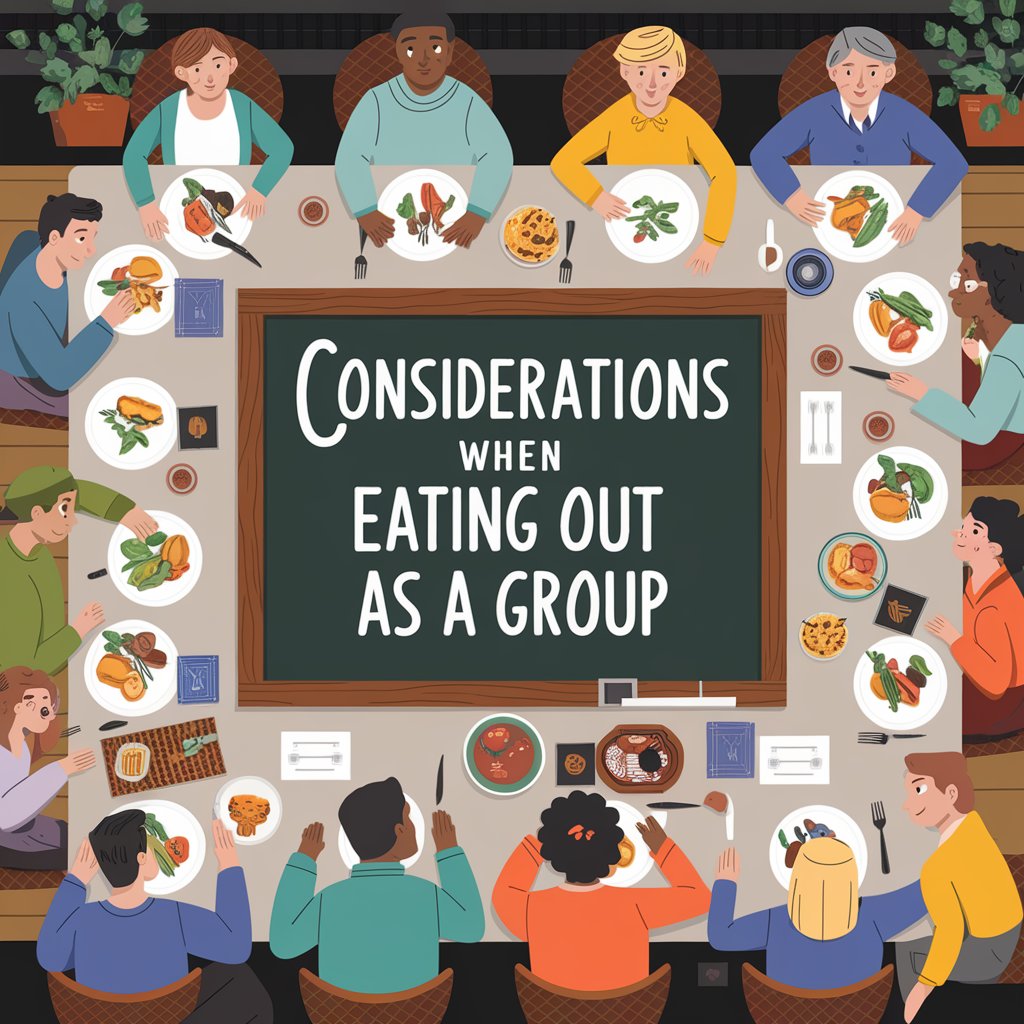Eating out with a group of friends, family, or colleagues can be an enjoyable social experience, but it also comes with a unique set of challenges. Coordinating preferences, budgets, dietary needs, and even the logistics of seating can transform a relaxed outing into a complex planning exercise. To ensure that the dining experience is as smooth and enjoyable as possible for everyone, there are several key considerations to keep in mind.
Choosing the Right Restaurant
Selecting a venue that caters to everyone’s tastes and dietary requirements is the first major hurdle. It’s crucial to find a restaurant that offers a wide variety of options to accommodate different preferences, including vegan, vegetarian, gluten-free, or allergy-conscious dishes. Researching restaurants in advance, checking online menus, or calling the restaurant for confirmation of menu options can help prevent any surprises. Casual dining establishments that offer diverse cuisine are often a good bet, as they are more likely to have something for everyone.
Making Reservations
For larger groups, making a reservation is almost always necessary, particularly during peak dining hours or weekends. Many restaurants require advance notice for groups larger than six to ensure seating arrangements. Booking ahead also gives the restaurant staff time to prepare and ensure adequate service for the group, enhancing the overall experience. When making the reservation, it’s wise to mention any special requests, such as specific seating arrangements or dietary needs.
Splitting the Bill
One of the most common sources of stress when dining out as a group is handling the bill. While some restaurants are happy to split the bill, others may have a policy against it, particularly for large groups. To avoid confusion and potential disagreements, it’s best to decide beforehand how the bill will be managed. A few common options include splitting the bill evenly, paying for what each person orders, or having one person cover the total and have others reimburse them via apps like Venmo or PayPal. Transparency in discussing this topic beforehand can save awkwardness at the table.
Timing and Punctuality
Coordinating a group of people to arrive at a restaurant on time can be difficult, but punctuality is essential. If the reservation is for a specific time, arriving late can cause unnecessary stress, and in some cases, it may result in the loss of the reservation altogether. Encourage everyone in the group to arrive a few minutes early, and factor in any potential delays such as traffic or parking difficulties. This way, the group can be seated and served promptly.
Respecting Dietary Preferences and Restrictions
When dining as a group, it’s essential to be mindful and respectful of everyone’s dietary preferences and restrictions. Whether someone is following a religious dietary law, managing a food allergy, or simply trying to eat healthier, acknowledging and accommodating these needs is a sign of consideration and respect. If you’re unsure of someone’s dietary preferences, ask beforehand, and choose a restaurant with flexibility in its menu. If you need a restaurant serving halal, then this is the best halal food in Gold Coast.
Noise Levels and Ambiance
Not all restaurants are created equal in terms of ambiance. While some might thrive in lively atmospheres with music and conversation, others prefer quiet, intimate settings. Depending on the purpose of the gathering, it’s important to choose an environment that aligns with the group’s expectations. If the gathering is for business, a noisy restaurant may be less than ideal. For casual meetups, however, a lively spot could energize the evening. Always take into account the preferences of the group when selecting a venue.






